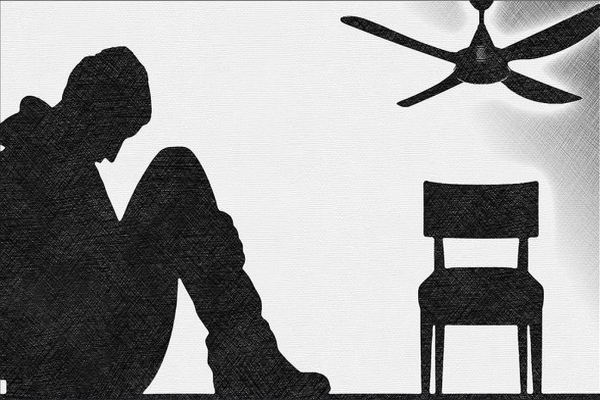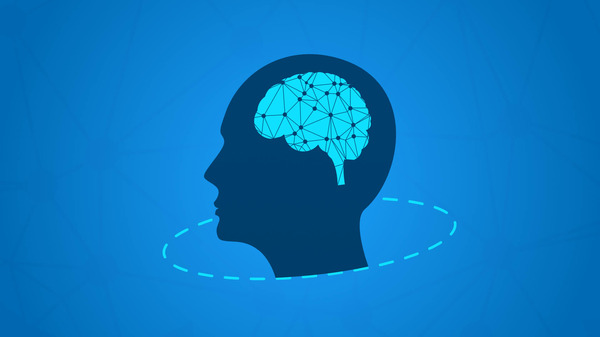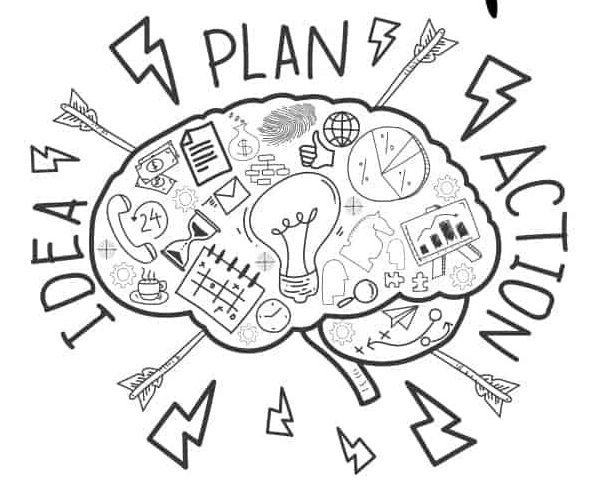The entire home and neighbourly ambience is agog with happiness and joy at the advent of a child … with so many expectations from family members and others. Yet a moment comes when the same person decides to end one’s life. What leads him to resort to this heinous act?
Espousing a ‘now or never’ approach to come through in his last civil services chance, a die-hard aspirant strained every nerve, secluded himself from all circles, avoided calls wishing him happy birthday, even skipped marriage of a close cousin in the vicinity. Yet he could make it to only the pariah P&T cadre of allied services, and not IAS proper, a level he failed to reconcile with. In another case, a school girl mentally aligned herself with parental wishes and precept of garnering all efforts in board exams to get into Economics Honours stream of a prestigious college of Delhi University. Her 96 per cent score was below the cut off level in the college of choice.
Both the candidates developed depression and attempted suicide. By any yardstick, each of the two was in a coveted position that is dream of the legions in the fray. But here, the two failed to accept what great was at hand, and chose to be cursed.
It is this unappreciative, thankless mindset that shattered them. Difficulty compromising with the existing resources and assets invokes vengeance by Nature in the form of loss of peace and happiness. Apropos of two workplace colleagues or school batch-mates from identical background and similar socio-economic condition. One always bemoaned his present plight at all fronts and the other was eternally in happy mode, looking forward; the latter is welcomed everywhere. It is the perception of the former category that more likely drives one to end one’s life.
Globally the Coronavirus along with associated problems due to lockdown, loss of employment and mental enervation had devastating impact on mental and physical health of populations. Yet irrespective of Corona, deteriorating mental health culminating to suicide in stray cases has been a serious concern of health specialists, leaders and others. In our country 1,39,123 suicides took place in 2019, an increase of 3.4 per cent over 2018 (1,34,516) as reported by National Crime Records Bureau; the incidence was highest in Maharashtra followed by Tamilnadu, West Bengal, Madhya Pradesh, Karnataka, etc.; these five States make half the suicides in the country. Among metro cities, atop has been Chennai with 2,461 cases, Delhi had 2,423, Bengaluru 2,081 and Mumbai 1,229. A disturbing trend is a substantial proportion of the young adults. The NCRB report states: “Each suicide is a personal tragedy that prematurely takes the life of an individual and has a continuing ripple effect, dramatically affecting the lives of families, friends and communities”. WHO treats suicide as a ‘health problem’ that is preventable with timely, evidence-based, low cost interventions.
Symptoms of suicide
Symptoms like mood swings, unusually staying alone, talks of suicide, procuring suicide-related devices, changed or erratic routine, increased alcohol intake, drug abuse, feelings of regret or shame indicate suicidal behaviour, and must be monitored and addressed.
Major causes
As for causative factors, besides an unhealthy mindset, chronic illness or unbearable suffering, unreciprocated love and inability handling crisis situations prompt certain persons to take the extreme measure of ending one’s life. Mind being an intriguing, complex entity with its precise mechanism yet to be decoded, even the sensible persons known for their good sense and poise are known to falter and resort to the heinous act of suicide. Lay persons with misplaced priorities are disabled of sorts to consider what is in their best long term interest, and are more likely to feel disoriented with difficulties & turmoil that are part of life. Jain guru Tarun Sagar known for his witty adages said, we rarely find one who at some point in life did not seriously contemplate, if not actually endeavoured ending one’s life.
Faith has an answer
Religious texts say, even gods aspire to be (re)born as human being since it is in this particular avtar (version) of the soul’s cyclical journey that a bewildering array of opportunities are available to be harnessed for maximal growth, and achieving whatsoever. Alas, unaware of their enormous potential for staying in abundance and bliss, many people use only one gear or two out of several and lead a life of mental and material deprivation. Anti-life ethos need to be nipped in the bud. Contemporary lifestyle has much to do with promoting a culture of confining to one’s or one’s family’s interest. A child born and brought up in traditional family has stronger sense of belongingness that comes to fore as tremendous relief when one feels checkmated of sorts and finds all options closed. Those aligning themselves with God understand that not only are they imbued with an element of divinity but the higher powers come to their rescue when such need arises. They also know that the God shall not leave them in lurch, and that a way out shall always be open. It is in this perspective that Napolean Hill, the famed motivator said, “When you have exhausted all possibilities, remember; you haven’t.”
….. ….. ….. ….. ….. ….. ….. ….. …..
First published in edit page of Orissa Post on 11 September 2020.





I value the article post. Really thank you! Awesome.
Really informative article. Want more.
Major thanks for the blog article. Great! .
Great post! We are linking this valuable content to our website. Keep up the good writing.
It was really informative post. Your site is useful. Thank you for sharing!
Informative, well written article. Thanks for sharing.
Excellent article! We are linking to this great article on our website. Keep up the good writing.
Great. Very good post. Looking forward to read more.
The material on this site is composed with intelligence and also deepness, making it exceptionally informative.
You gave readers with handy advice to help them make decisions in their very own lives.
I am so happy to have you in my life. I am in awe of your imagination as well as creativity.
The points you offered in the subject of suicide are neutral and unbiased.
Your technique of presenting the complex topic is quite logical and convincing.
I got what you intend, bookmarked. It is very decent website.
Valuable info. Lucky me I found your site by accident, and I am shocked why this accident didn’t happened earlier! I bookmarked it.
Definitely, a great, revealing post! I shall definitely bookmark your site. Best Regards!
Great work! This is the type of info that should be shared around the web. I wish, Google would have taken steps for appropriately positioning this post, much higher! Thanks.